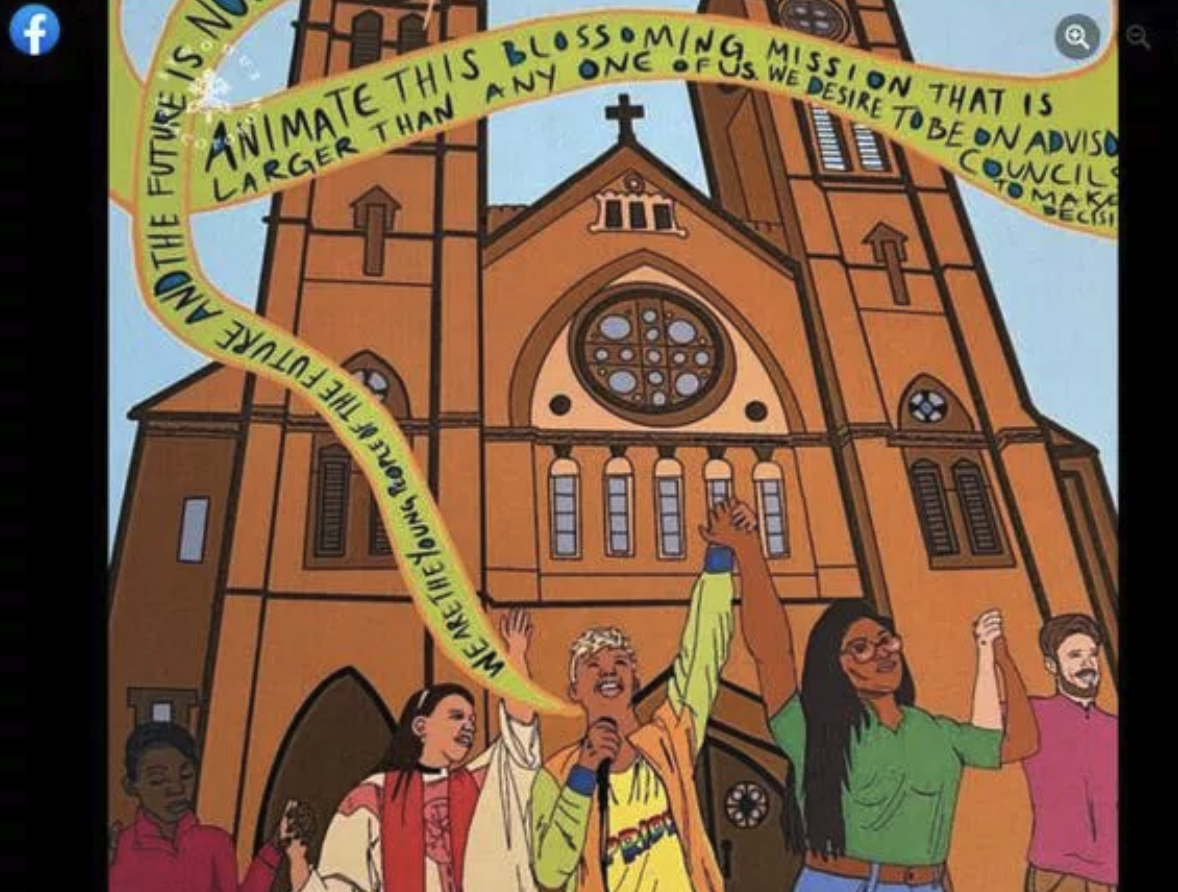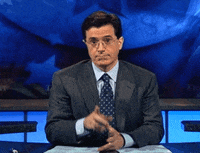Much to the rejoicing of the American populace, the House of Representatives got back to work Oct. 25 when the Republicans finally agreed on a speaker after an agonizing three weeks with no one in charge.
But to read media reports about the new speaker, you’d think the Rev. Jerry Falwell had risen from the dead and was occupying the spot. There’s an evangelical Christian at the podium and that’s red meat for a lot of scribes out there.
Watch the above video and listen to the two anchors scoff at the very idea of monitoring your kid’s internet content. Imagine, they said, being concerned about whether your son is watching porn!
It’s hard not to listen to such repartee without one’s mouth falling open. Youth suicides are soaring; kids are watching stuff online and carrying it out and these folks just think it’s all so ridiculous. I know the parents of a 13-year-old who was into really dark stuff online. By the time they figured out what he was up to, it was too late. They found his body in the garage.
A lot of America does believe in monitoring their kids’ internet viewing, porn included; a concept that some of the media I’ll be discussing cannot comprehend. Some of the most unhinged coverage has come from the Rolling Stone and finally backlash over the Stone’s over-the-top coverage is starting to emerge. More on that in a moment.
At the base of the media hysterics is the news about a father/son arrangement between Johnson and his 17-year-old son, to use a shared software program to make sure the other hasn’t been looking at porn. My prize for the most faux rage headline comes from the New Republic:
Mike Johnson and His Son Monitoring Each Other’s Porn Intake Is Worse Than You Think
The House speaker admitted to a wild new detail about his personal life. And it’s a bigger deal than it seems.
First off, this headline is deceptive. What Johnson has said is not that the two of them are perusing dark websites on the sly; the point is neither of them are looking at porn at all.










